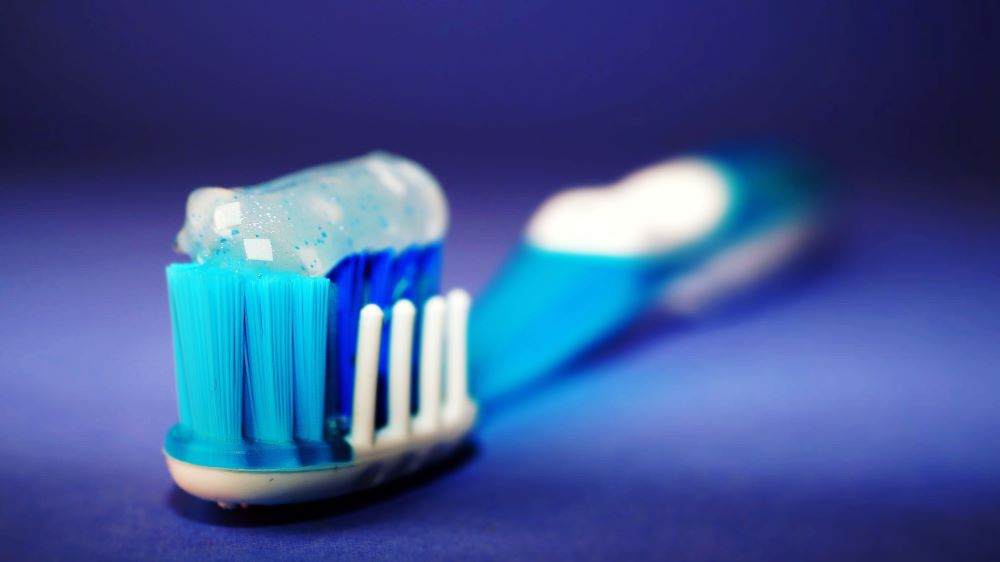Navigating dental care after retirement isn’t always easy. However, by staying on top of your oral health, you can ensure that tooth issues don’t slow you down.
Retirement is a time to relax, travel, cultivate your hobbies and spend time with loved ones. However, it’s important not to let your health fall by the wayside during this exciting new chapter. Unfortunately, older adults often overlook their dental health, which can lead to tooth loss and other serious issues as time goes on. If you’ve recently relocated for your retirement, it’s important to find a trusted dentist in Lakeland, FL, or wherever else you wind up. They could help you take proactive steps to care for your dental health. Whether you’re new to retirement or just hope to improve your dental hygiene, the following tips could help you get started.
Create a Home Hygiene Plan
Tooth and gum health starts with a thoughtful home hygiene plan. Brushing your teeth at least twice daily for two minutes with fluoride toothpaste prevents plaque buildup. Flossing once daily dislodges food from between your teeth so bacteria doesn’t grow and spread to your gums. You may want to supplement this basic plan with an antibacterial mouthwash to stop gingivitis or a water-flosser to make flossing easier. Your dentist could recommend specific tools and changes to your routine based on your unique dental needs. A good hygiene plan could help you maintain your healthy smile.
Compare Dental Insurance and Savings Plan Options
Paying for dental care may become trickier after retirement. Many opt for standalone dental insurance from an organization like AARP or a private insurance company. However, all dental insurance isn’t created equal—it’s essential to scrutinize plan details such as premiums, deductibles, coverage limits and networks.
Insurers may sell dental savings plans (or discount plans) as an alternative to insurance. For an annual or monthly fee, you could access a network of dentists who offer care at a set discounted cost. Typically, savings plans are restricted to only participating dentists and specialists. Prices depend on the provider and location. Both dental savings plans and insurance policies may implement a waiting period before you can receive intensive dental procedures like implants or dentures.
Schedule Regular Check-Ups and Cleanings
Once you’ve chosen a dentist, you should start making regular appointments. Many dentists recommend a cleaning and check-up every six months, though your schedule might vary depending on your dental needs. Still, frequent visits are important for fighting tooth decay and catching any dental issues early on to begin treatment. During your visits, your dentist may examine your mouth for signs of mouth cancer, gum disease and other common issues among older adults. If you have an infection or any inflammation, regular visits make it possible to establish a care plan. Your dental checkups also offer an opportunity to address any questions or concerns. Your dentist could provide guidance tailored to your specific oral hygiene needs.

Don’t Wait to Address Concerns
It’s never a good idea to ignore dental discomfort in retirement. Tooth pain, bleeding gums and difficulty chewing could all point to serious conditions. Some common dental issues among seniors include cavities, broken or lost teeth and periodontal disease. Your dentist could address these concerns with treatments like fillings, root canals, dental implants and dentures, but early intervention makes a big difference. For example, gum disease is only reversible if you catch it in its earliest stages.
Quick intervention could save you money in the long term. Take a tooth infection, for example. A dentist may perform a root canal to replace the infected tissue, saving your tooth. However, an infection left untreated for too long may damage your tooth beyond repair. In that case, you may have to undergo a tooth extraction. Dentists often recommend a dental implant following tooth loss to support facial structure. If you consider how much a root canal is compared to a dental implant, it’s clear that earlier treatment may ultimately save you thousands of dollars.
Navigating dental care after retirement isn’t always easy. However, by staying on top of your oral health, you can ensure that tooth issues don’t slow you down. The above tips could help you enjoy your retirement to its fullest with a healthy smile.


Join the conversation!